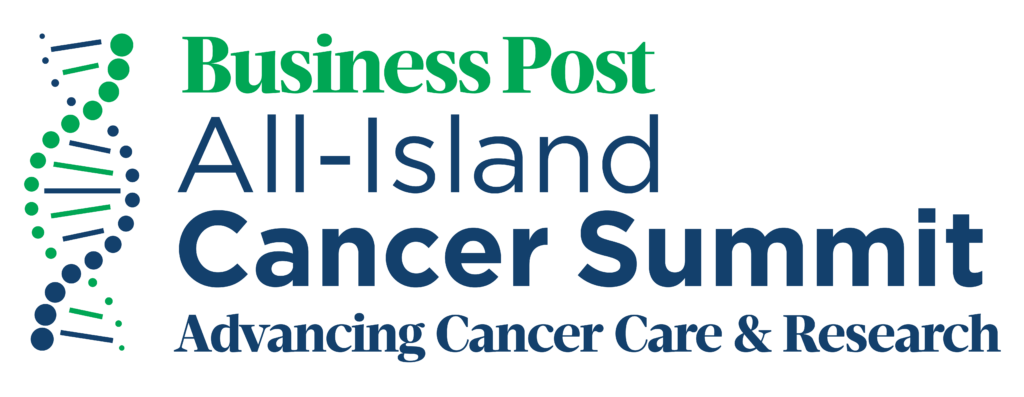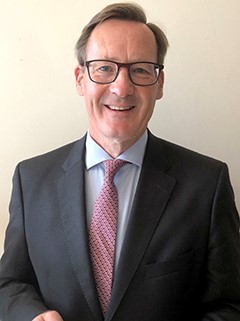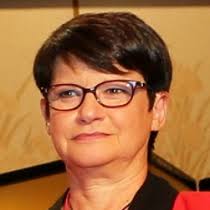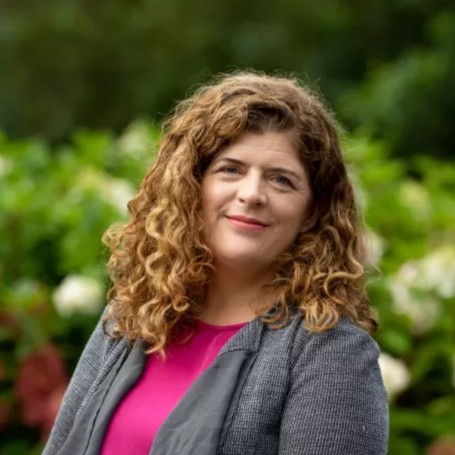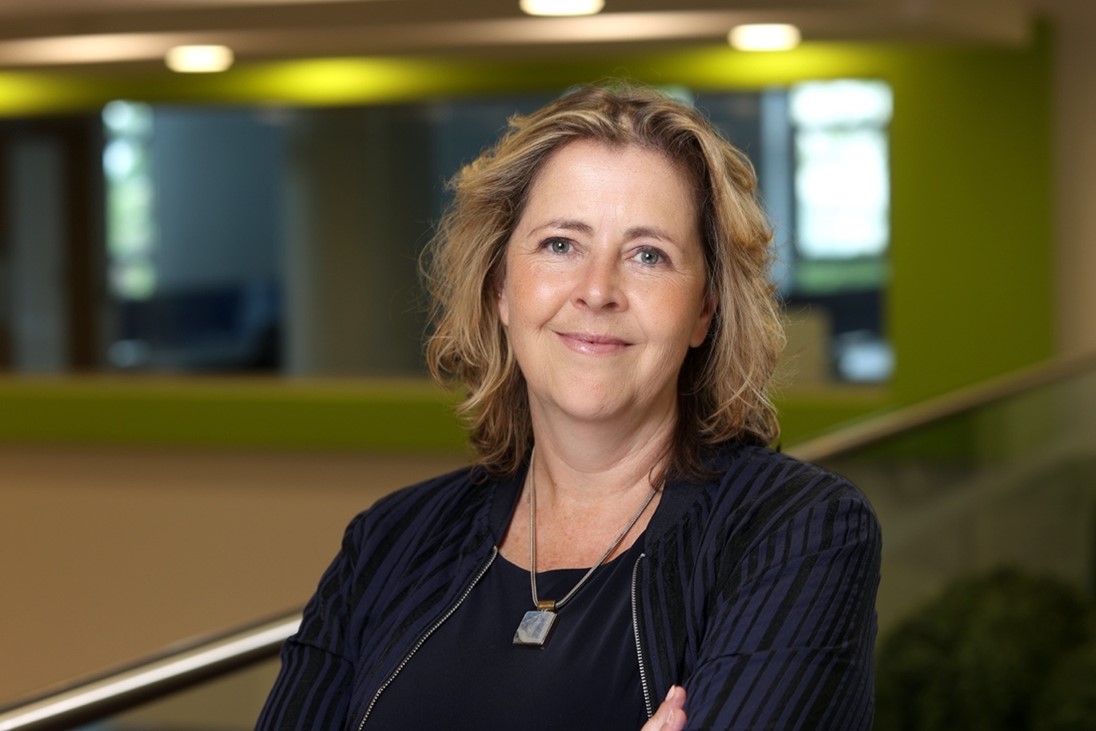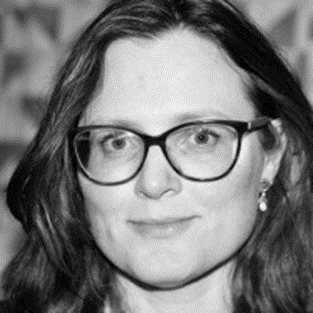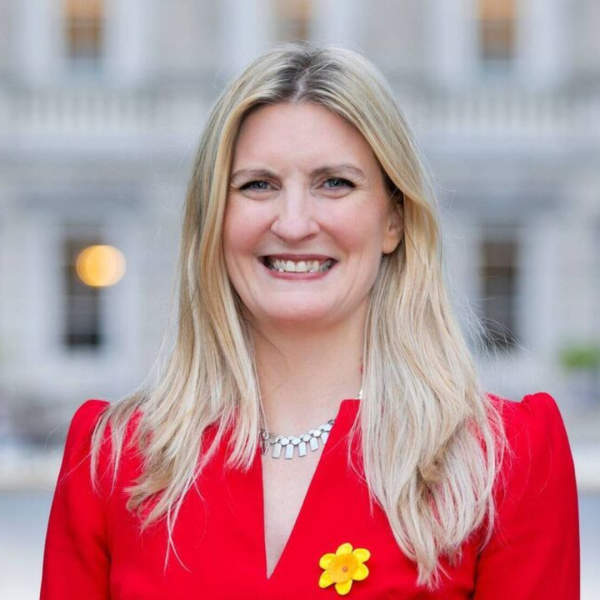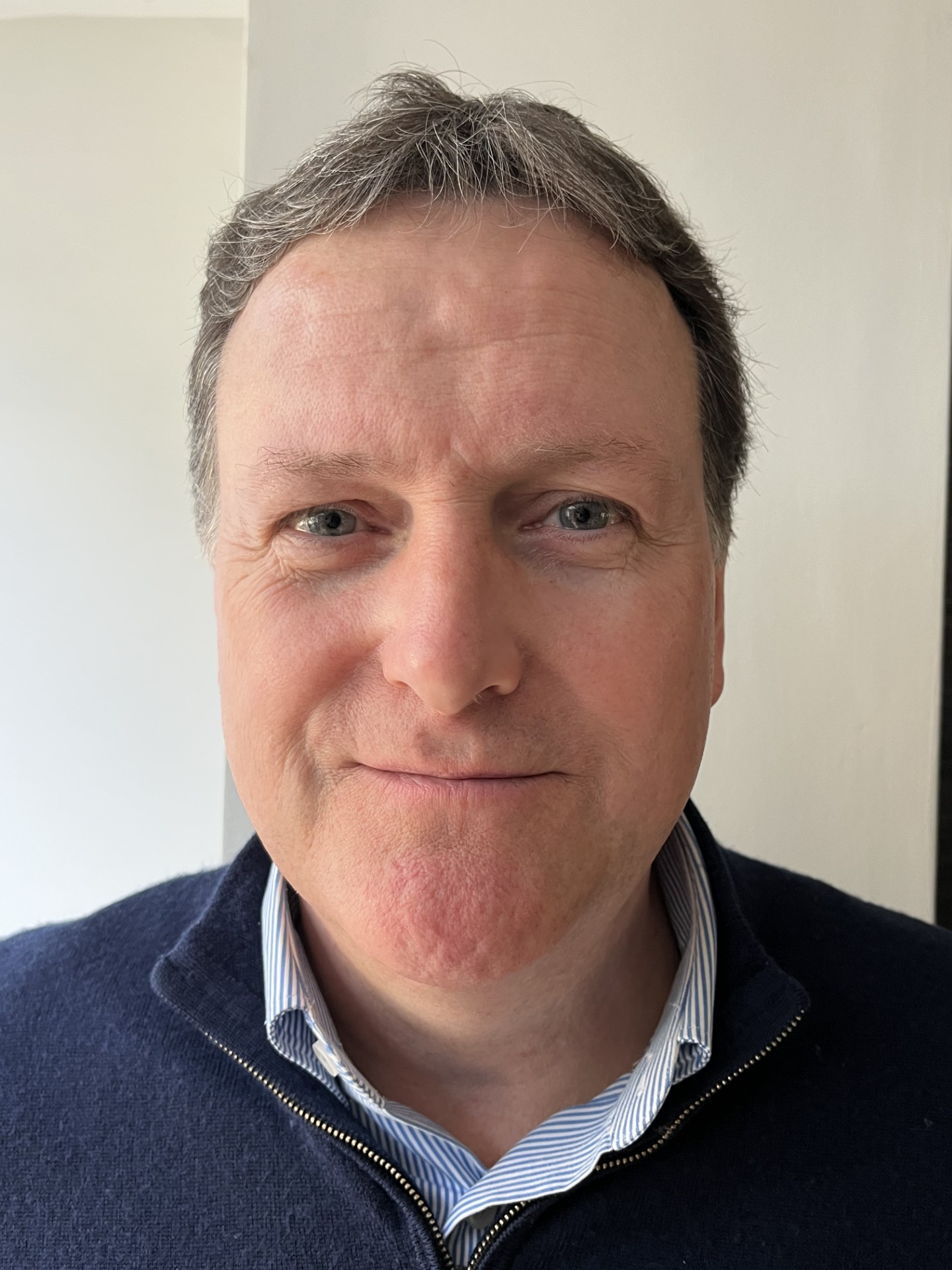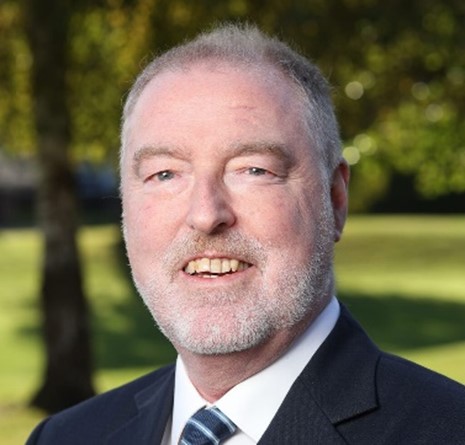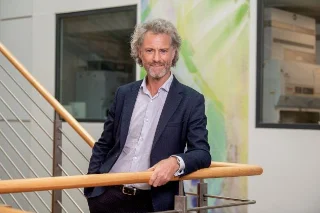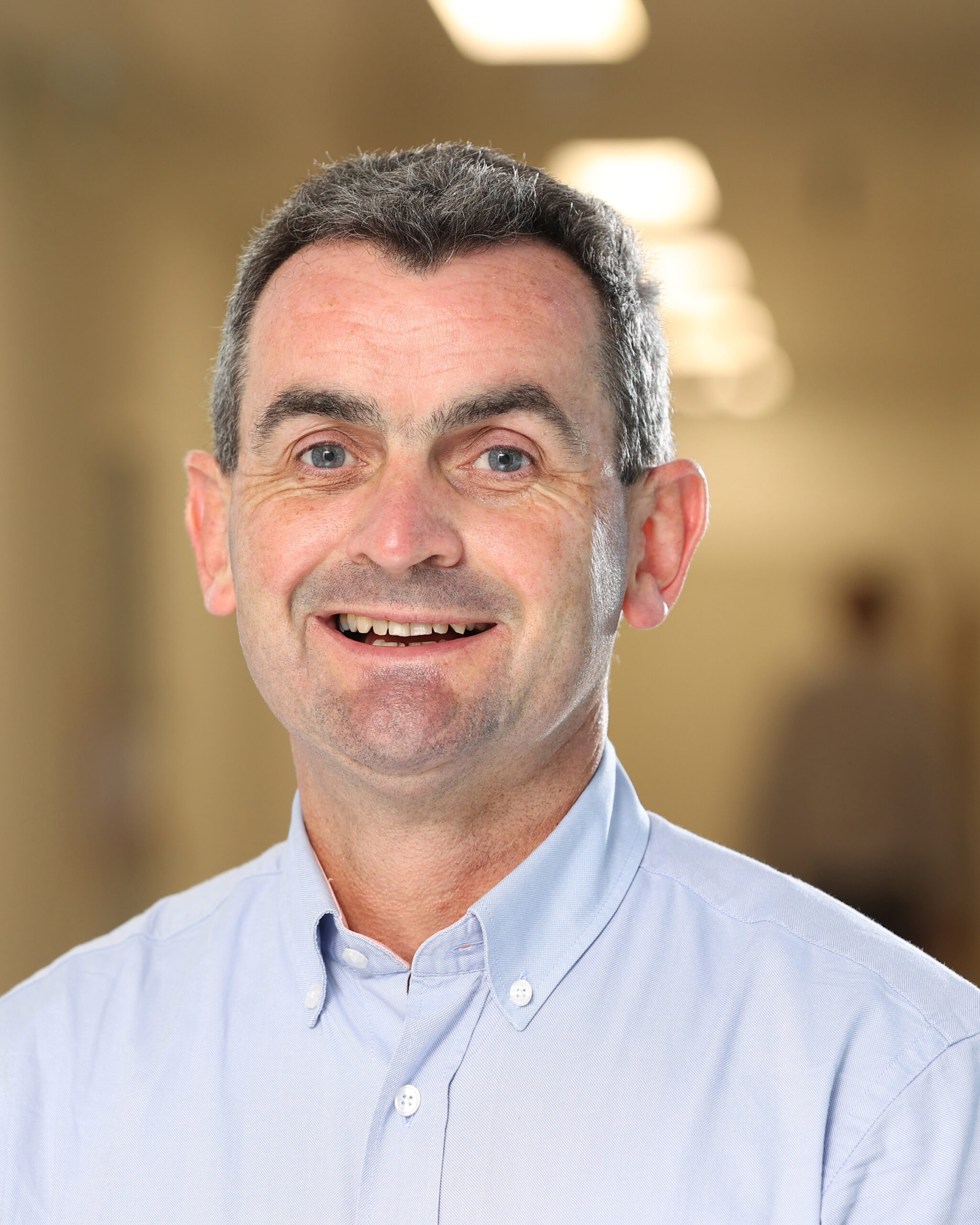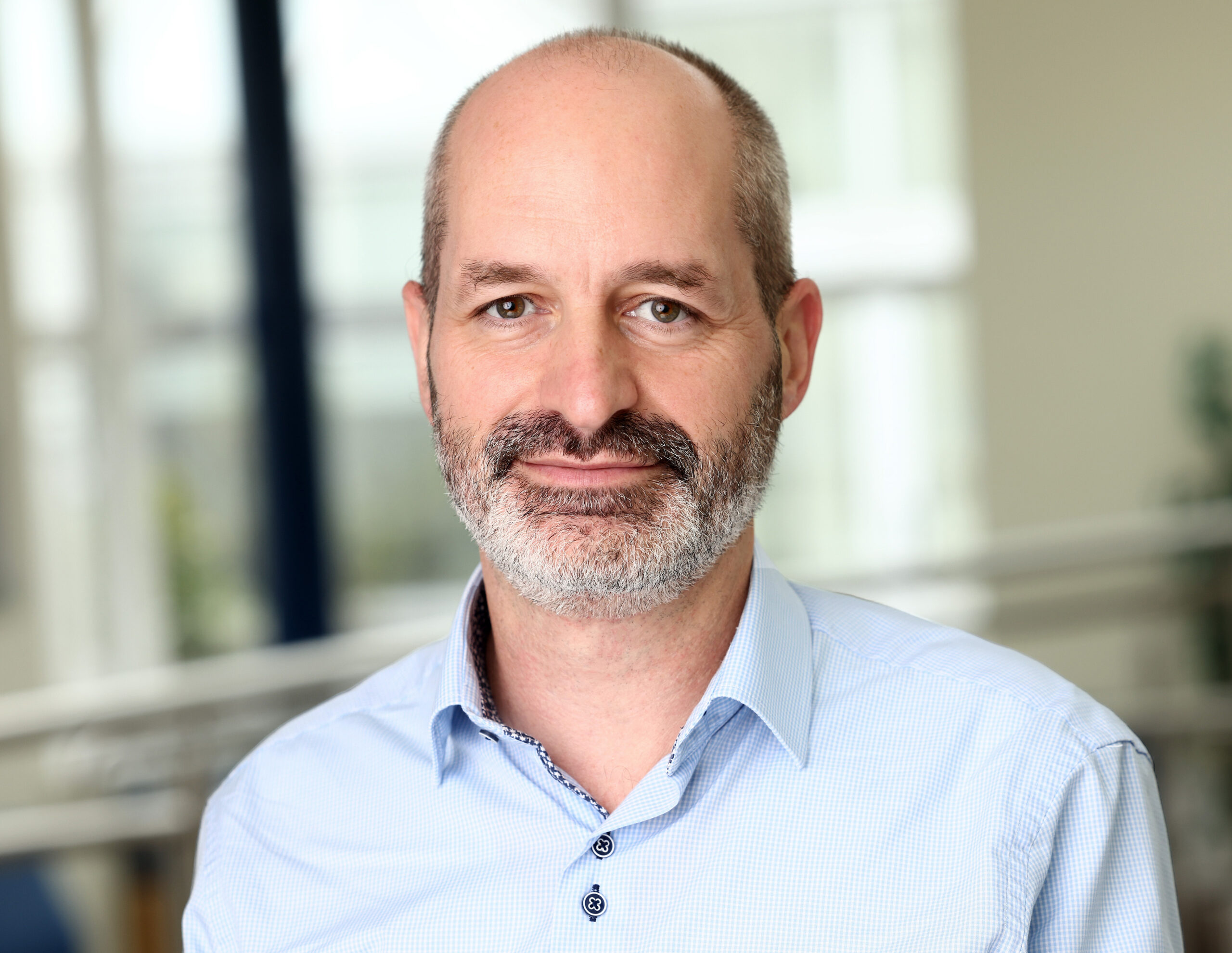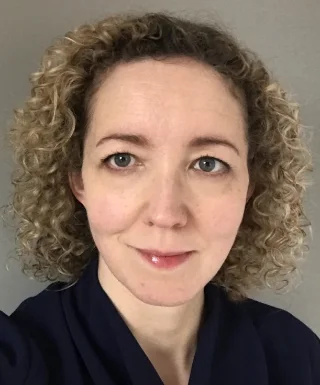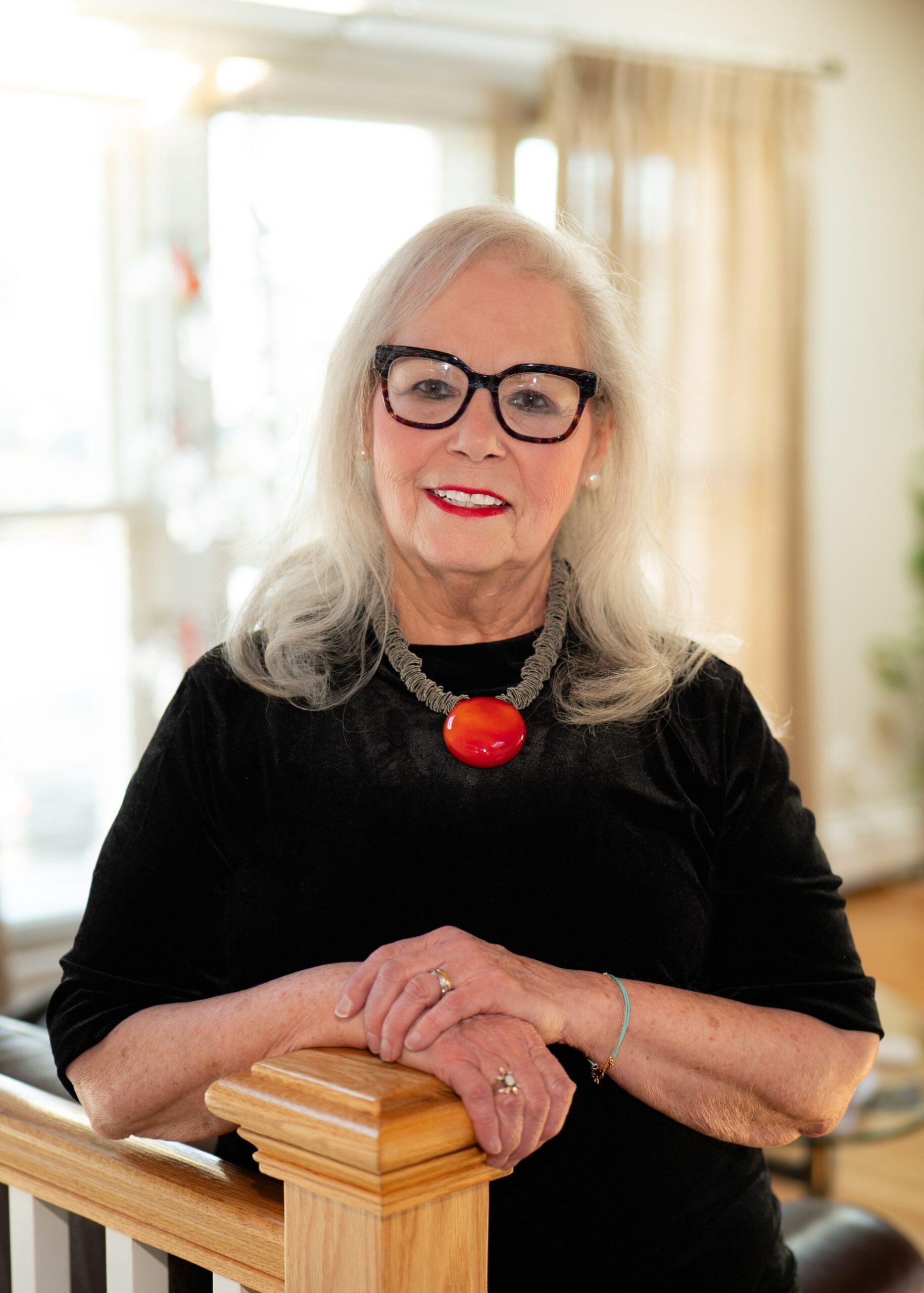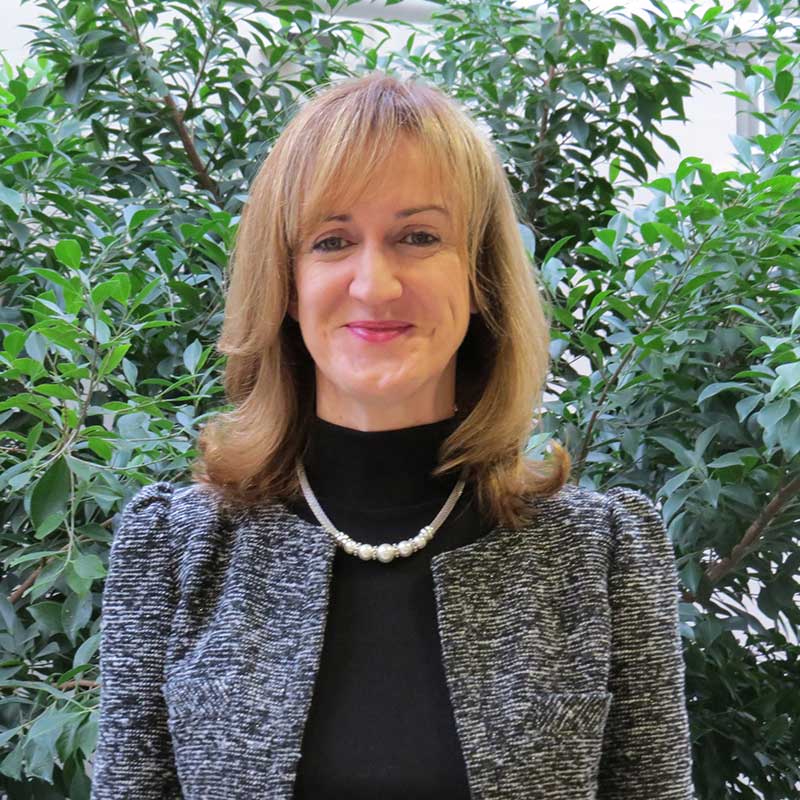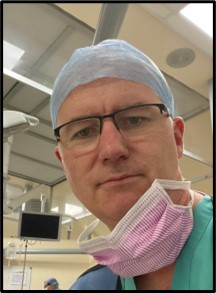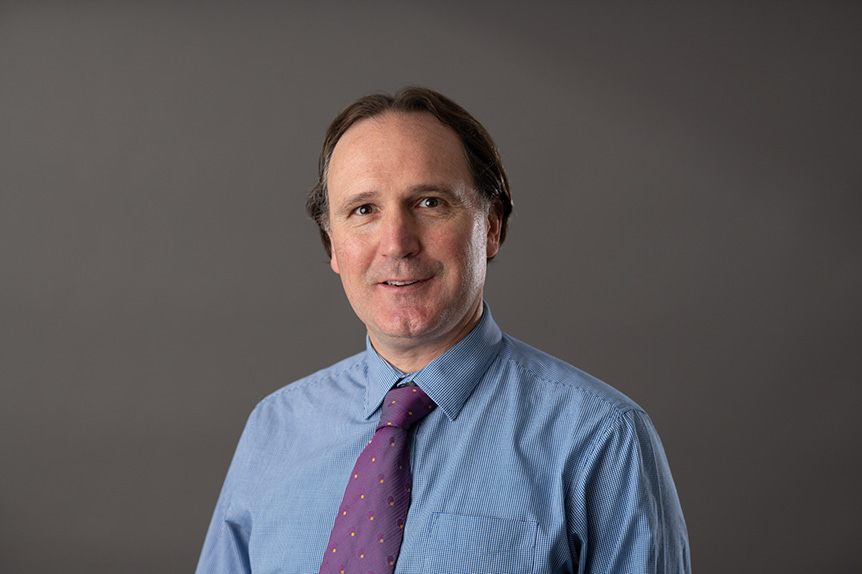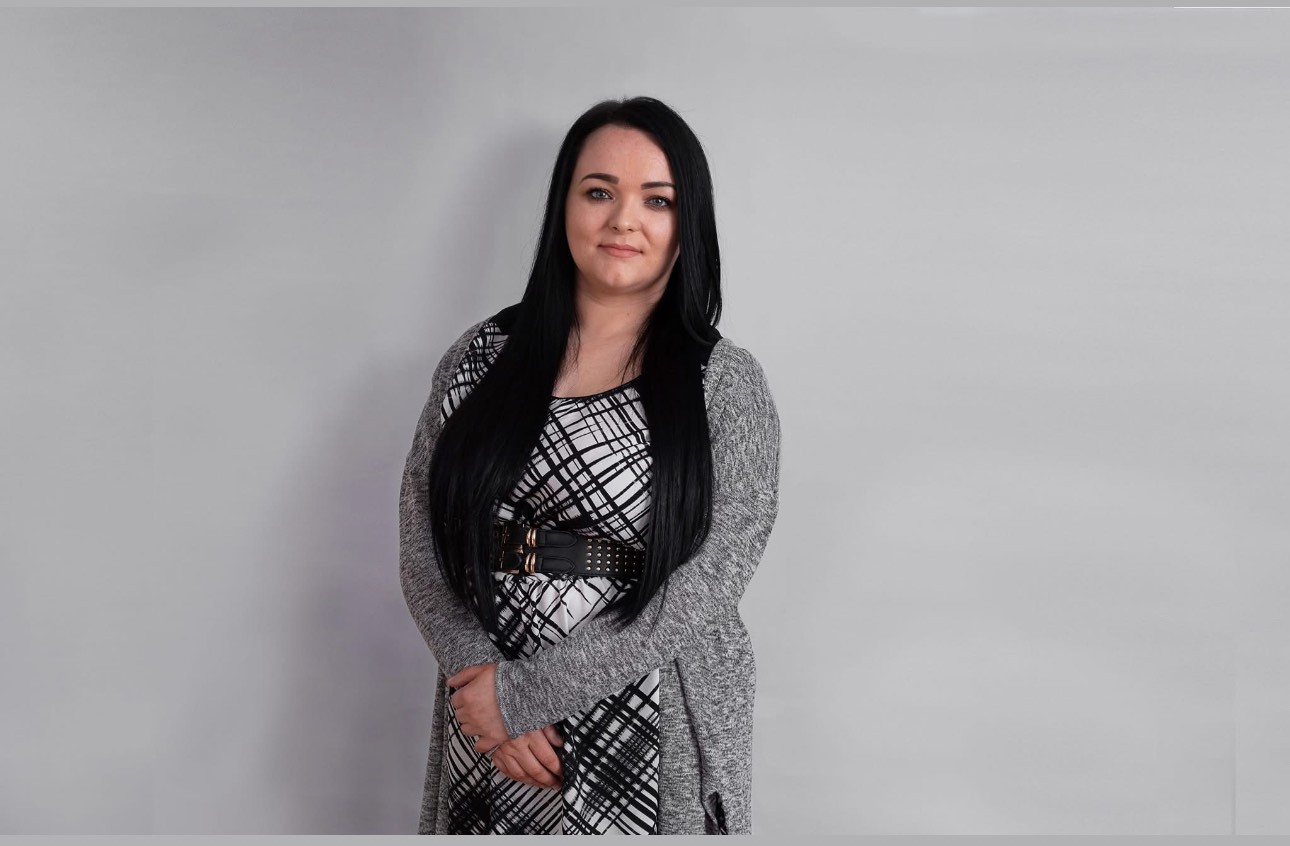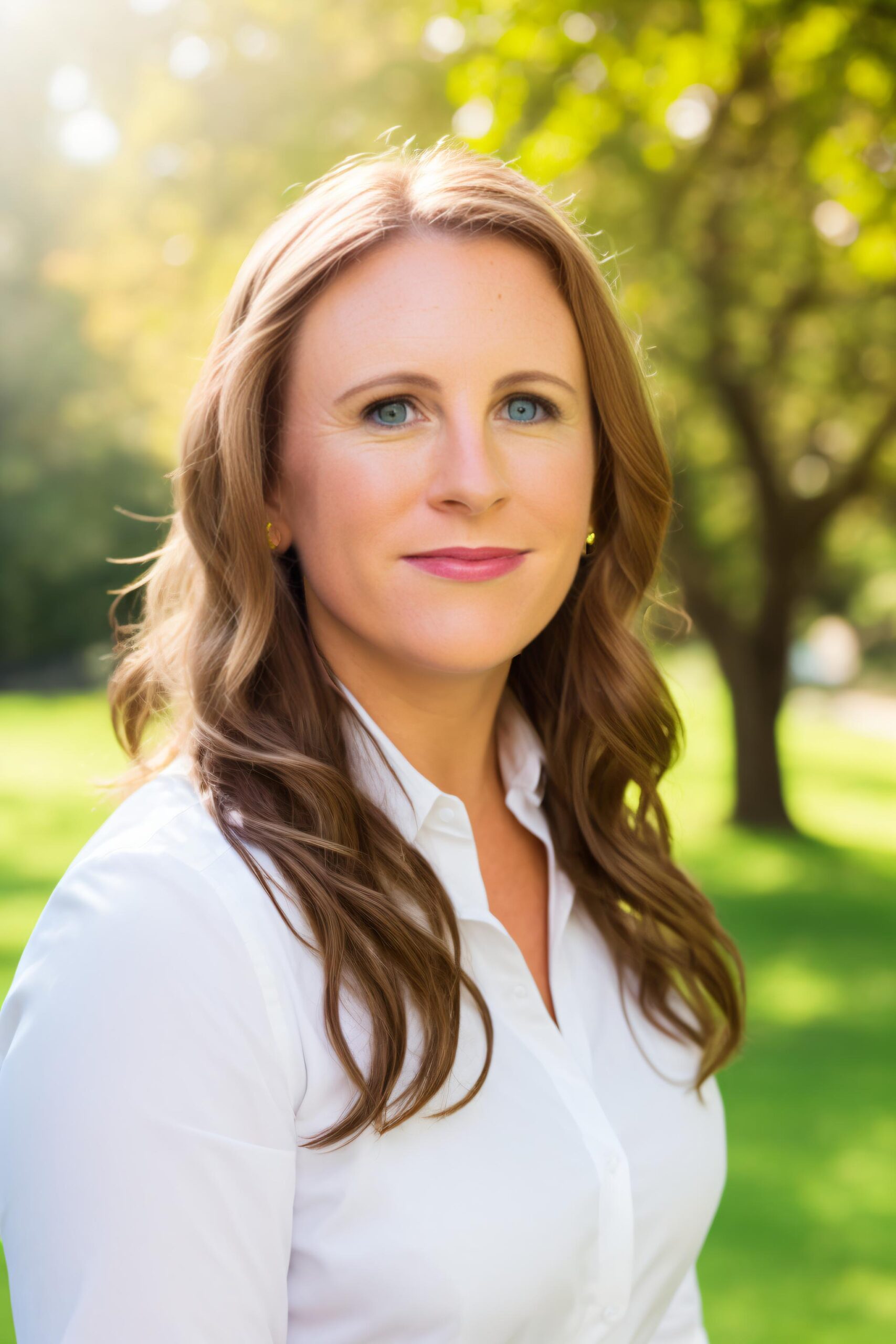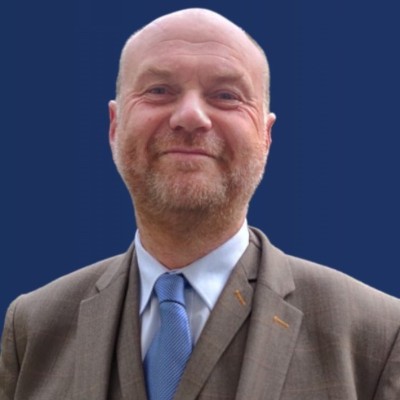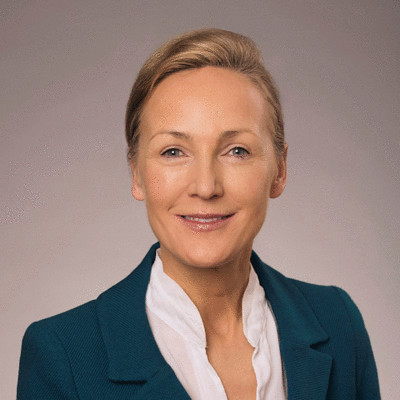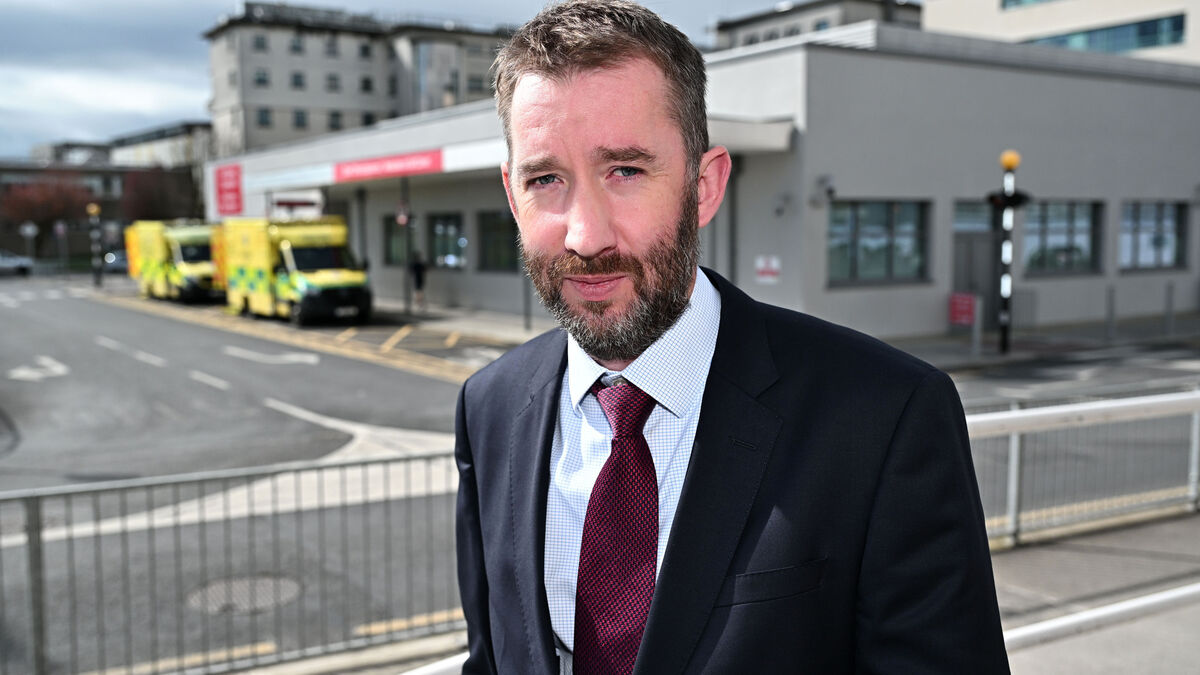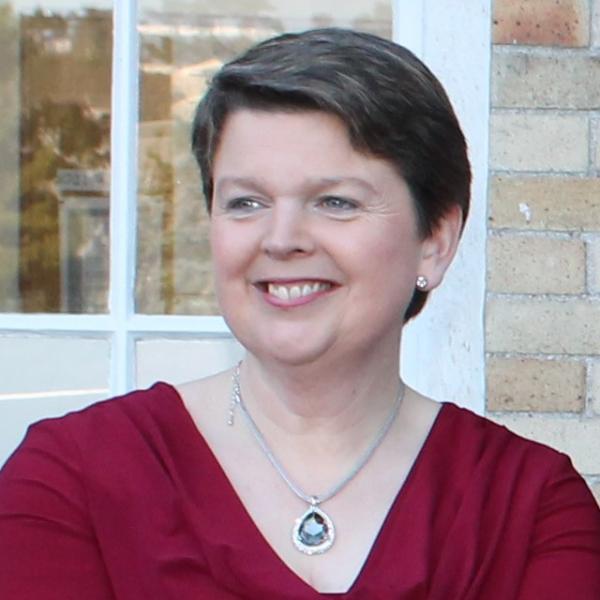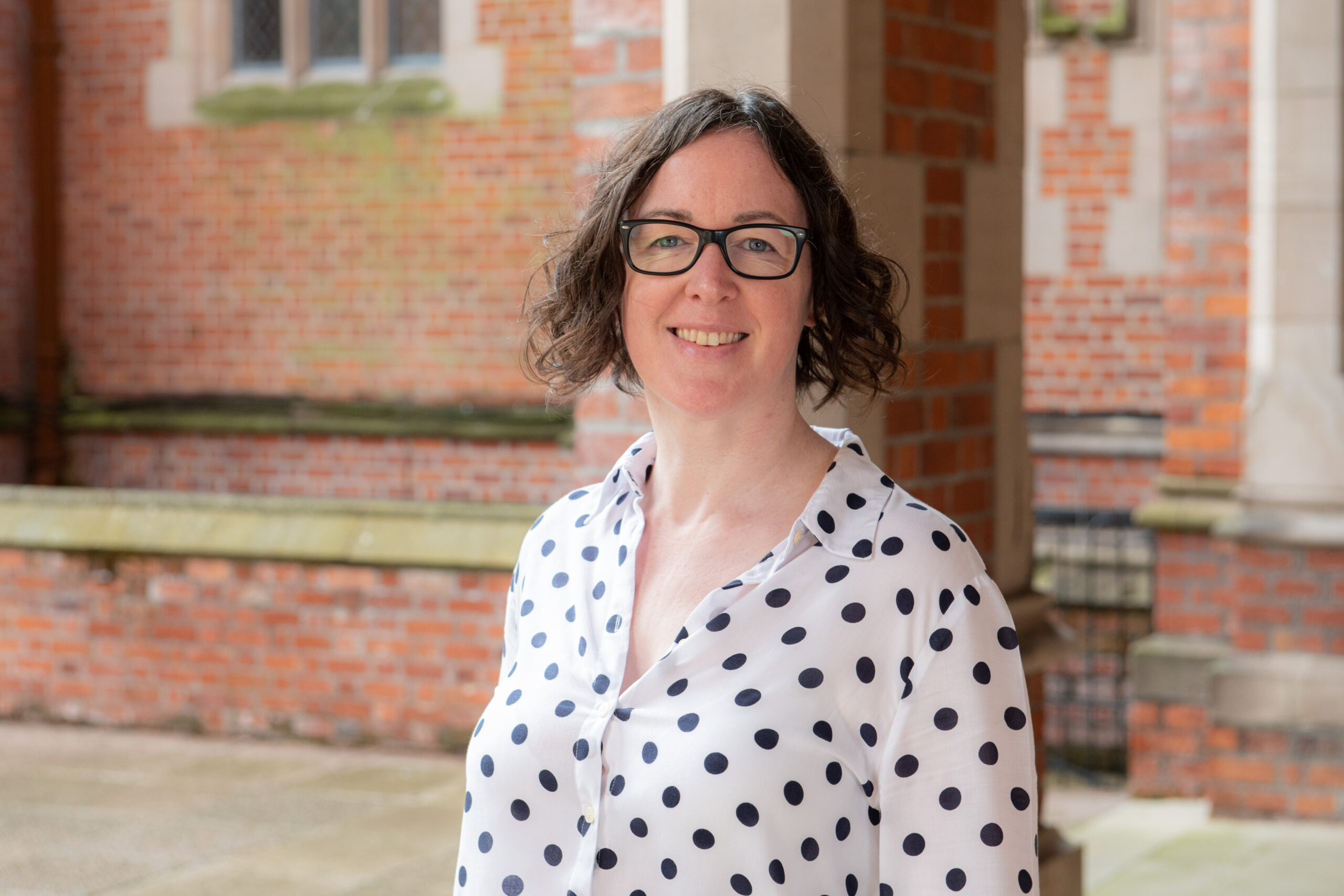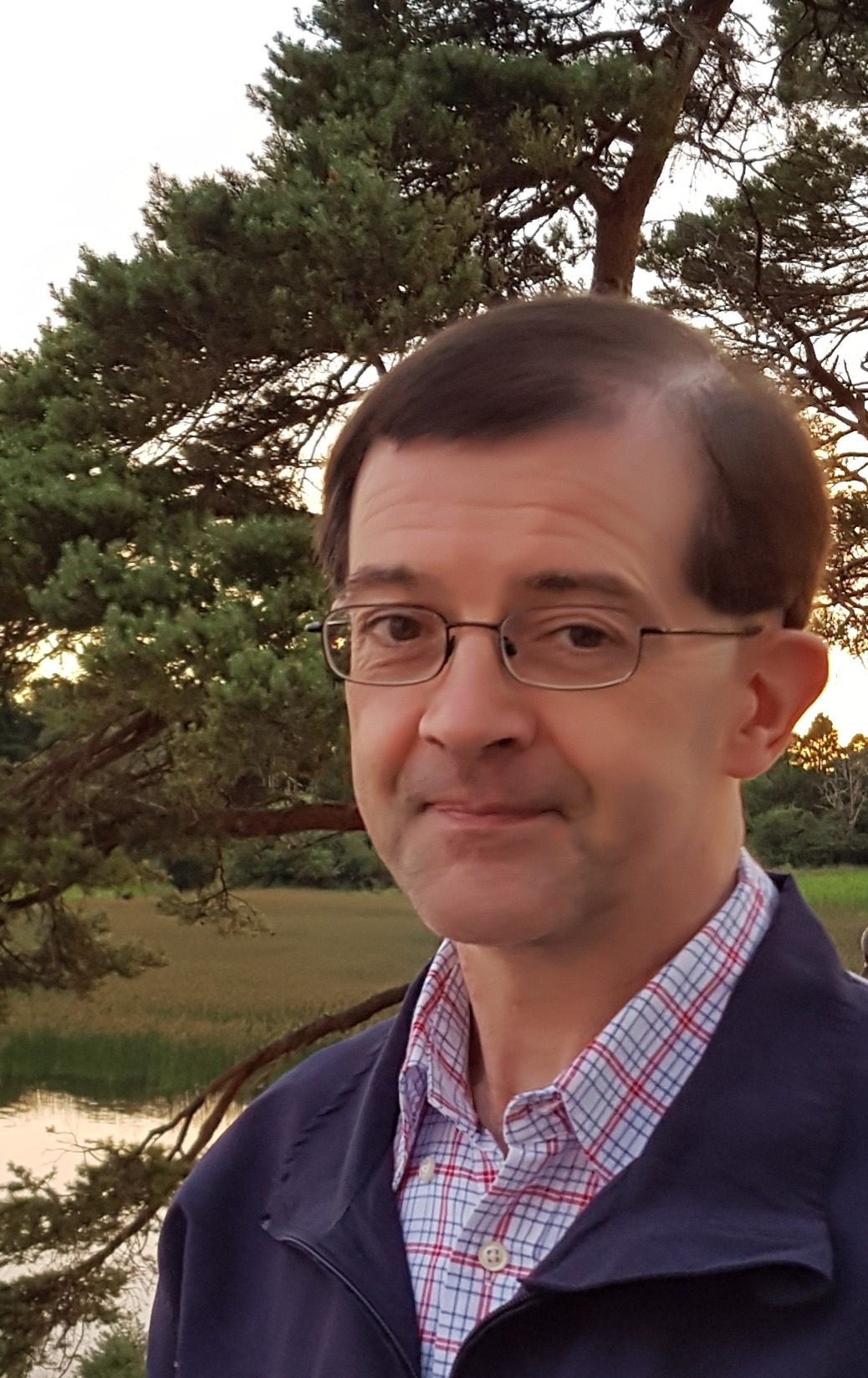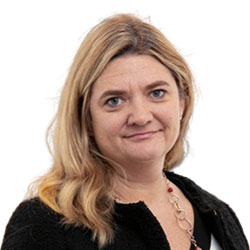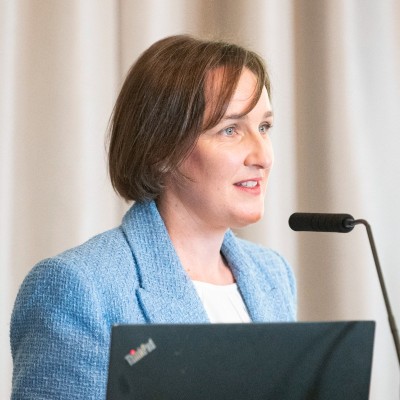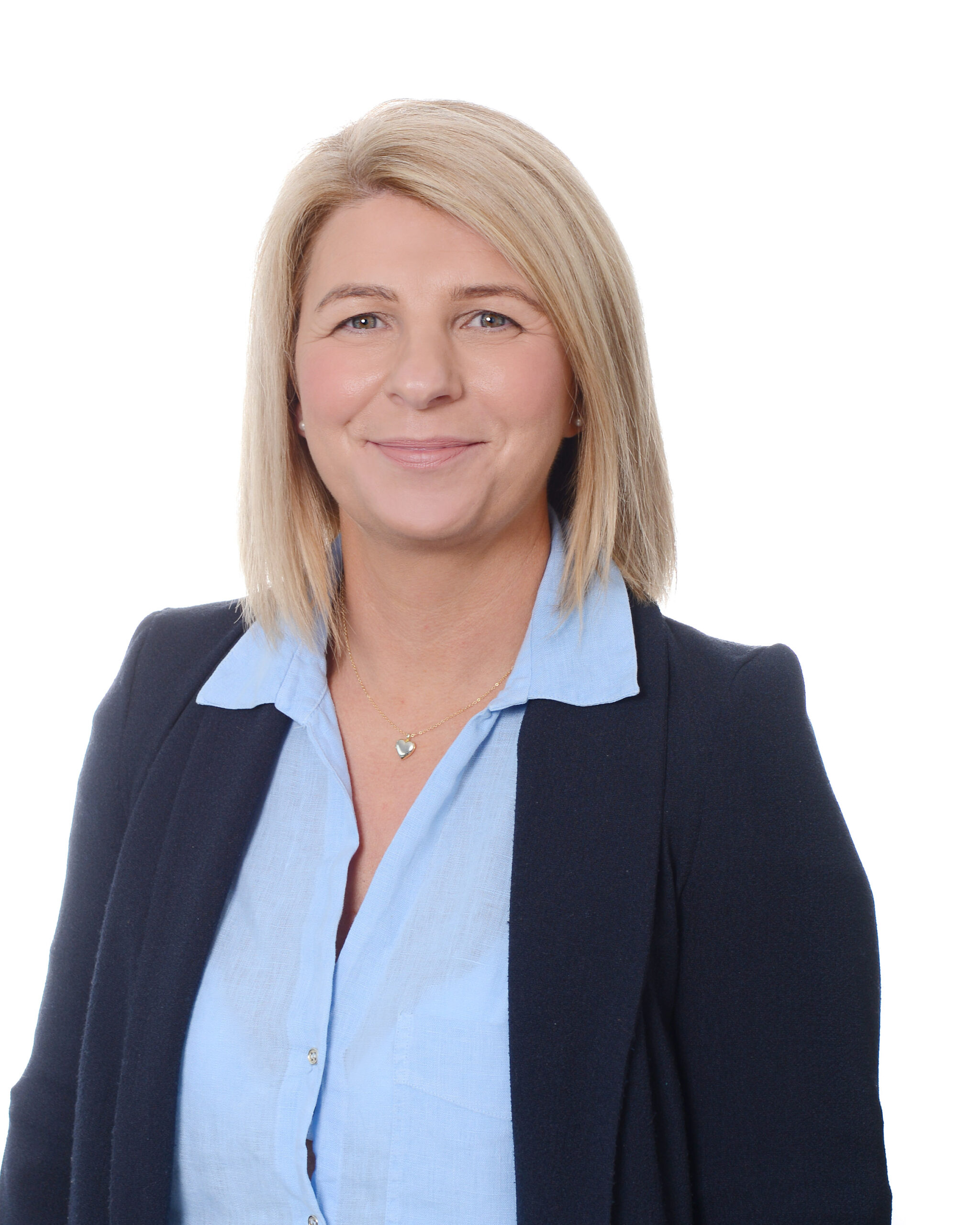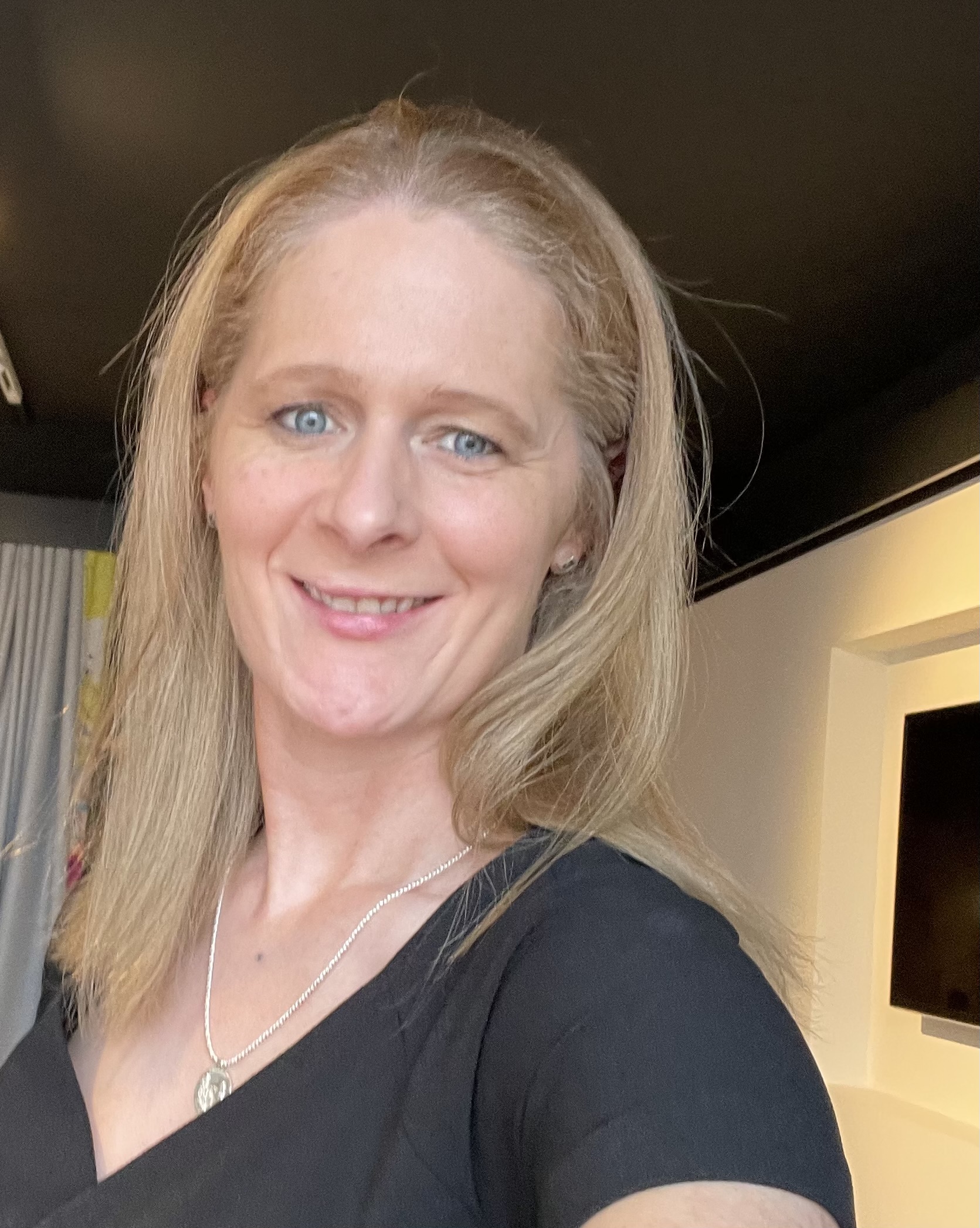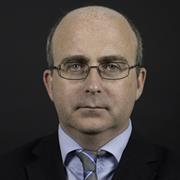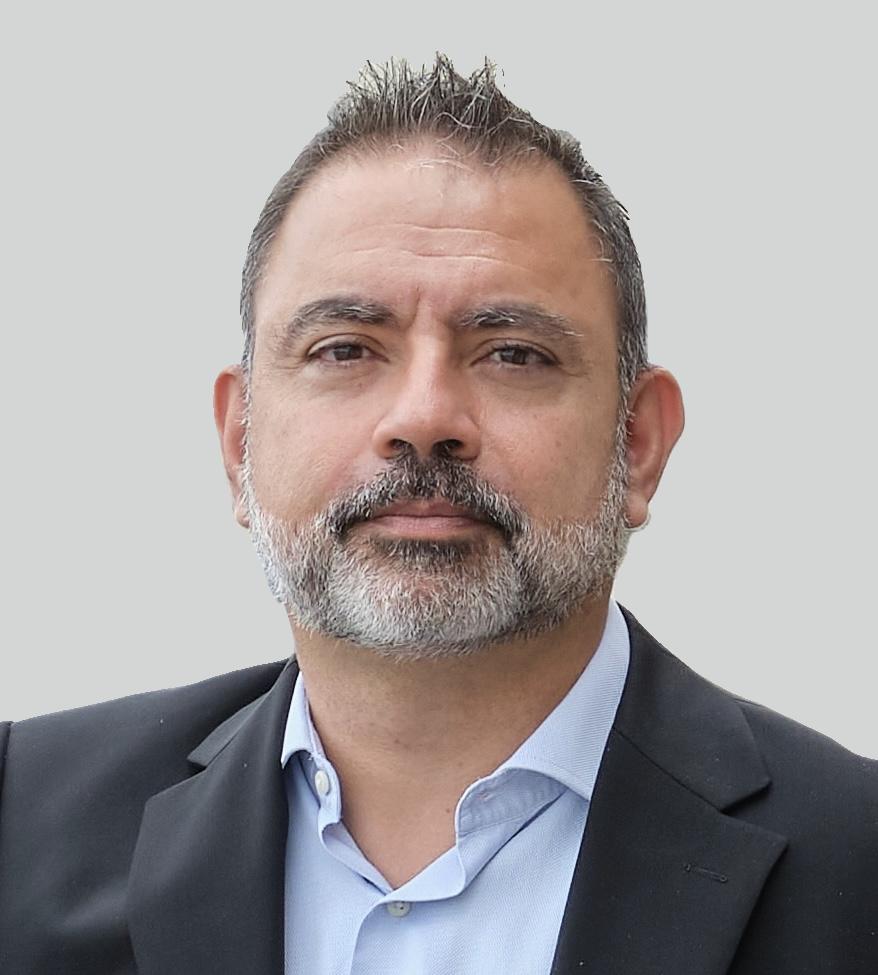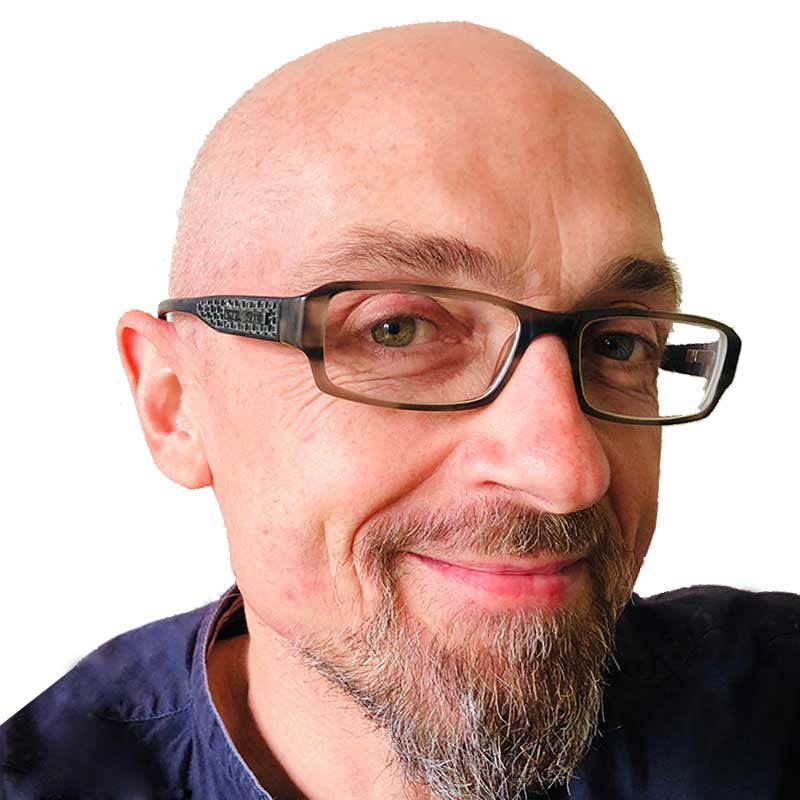Learn about the mission’s goals to improve cancer understanding, optimize treatments, and enhance the quality of life for patients and caregivers
2025 Agenda
8:45am
Welcome from the Chair
Journalist and Broadcaster, host of RTE Radio 1’s Morning Ireland
8:55am
OPENING ADDRESS:
Director of the National Cancer Control Programme
9:10am
OPENING KEYNOTE:
Living longer and better: The European cancer roadmap to 2030
Vice-chair, Horizon Europe Cancer Mission Boards, European Commission
An all- island cancer research strategy
9:30am
REPORT LAUNCH
Cancer Knows No Borders – an all-island blueprint for cancer research and care
Professor of Social Policy, Ulster University
9:40am
REPORT LAUNCH
Harnessing the Power of Data to Transform Cancer Research, Care and Innovation across the Island of Ireland
Professor of Digital Health, Queen’s University Belfast (QUB) and Co-Lead, All Island Cancer Research Institute (AICRI)
Professor of Cancer Genomics and Director of the Limerick Digital Cancer Research Centre, University of Limerick School of Medicine
Cancer Patient
9:55am
PANEL DISCUSSION:
From vision to reality: Delivering an all-island cancer research strategy
Key stakeholders outline their vision for a world-leading cancer research strategy for the island of Ireland
Senior Manager, Research & Research Policy, HEA
Head of Research and Innovation Infrastructures, Health Research Board
Country Medical Director and Chief Medical Officer, Pfizer Ireland
Professor of Cancer Biology, School of Biomolecular and Biomedical Science, UCD, Co-lead, AICRI
10:25am
PANEL DISCUSSION:
Wishlist for policymakers on the island of Ireland
Where have we come from, what have we achieved, what are the next frontiers? Our panel of stakeholders discuss key aspects of cancer policy, strategies they want to see implemented to enhance research, access to treatments, equity and improved patient outcomes on the island of Ireland. Plus, life after cancer and the problem of financial discrimination cancer survivors are facing.
CEO, Irish Cancer Society
Interim Managing Director Human Health, MSD Ireland
Professor of Digital Health, Queen’s University Belfast (QUB) and Co-Lead, All Island Cancer Research Institute (AICRI)
Cancer Patient
11:00am
Northern Ireland Government Address
Health Minister for Northern Ireland
11:15am
Networking Coffee Break & Exhibition Viewing
Stream 1: Research & Innovation
11:45am
Welcome from the Chair
Journalist and Broadcaster, host of RTE Radio 1’s Morning Ireland
11:50am
PANEL DISCUSSION:
Improving the clinical trials landscape on the island of Ireland
The island of Ireland lags behind in Europe when it comes to attracting clinical trials. Our panel discusses:
- Developing a new strategy to increase the number of clinical trials
- How will we make the island of Ireland a destination of choice for cancer clinical trials?
- Exploring models of academic and industry partnerships
Country Medical Director and Chief Medical Officer, Pfizer Ireland
Chair of Patients Consultants Committee, Cancer Trials Ireland
Professor of Radiation Oncology, Patrick G Johnston Centre for Cancer Research, Queen’s University Belfast & Consultant Prostate Cancer Oncologist
Clinical Professor, Consultant Medical Oncologist, UCC & Director, Cancer Trials Ireland
12:20pm
Data sharing: How an all-island approach to data sharing can save lives
Professor of Cancer Genomics and Director of the Limerick Digital Cancer Research Centre, University of Limerick School of Medicine
12:35pm
CASE STUDIES:
START Dublin & Belfast Experimental Cancer Medicine Centre
Accelerating the development of new anticancer drugs that will improve the quality of life and survival of patients with cancer and lead to its eventual cure
Consultant medical oncologist, Mater Hospital & Director of Research, START Dublin
Clinical Professor, School of Medicine, Dentistry and Biomedical Sciences Patrick G Johnston Centre for Cancer Research
12:55pm
Celebrating oncology nursing and research
Margaret will discuss the various aspects of nursing research. Clinical research nurses’ role will be compared with nurse scientists’ role and independent research. Additionally, a discussion of the Fulbright study that she is conducting and the subsequent build of an Irish-focused Nursing Research Fellowship.
Director of Nursing Research, Memorial Sloan Kettering Cancer Center, New York
Stream 2: What’s next for early Detection & better Diagnostics?
11:45am
Welcome from the Chair
GP, Churchtown Medical, media commentator & columnist
11:50am
CASE STUDY:
Breakthrough Cancer Research: All-Ireland Cancer Network (AllCaN) Oesophageal Programme
We hear about this unique cross-border collaboration that enables the sharing of data and learnings for the first time on oesophageal cancer with the aim of significantly improving early detection and survival of the disease
Lead of the Cancer Epidemiology Research Group, Centre for Public Health, Queen's University Belfast
12:10pm
CASE STUDY:
The All Ireland Cancer Liquid Biopsies Consortium (CLuB)
Professor & Chair of Pharmacology and Biomedicine, Trinity College Dublin
12:30pm
PANEL DISCUSSION:
Putting patients and outcomes first: We know what works – how do we do more of it?
We know that improving access to evidence-based screening, early diagnosis and timely treatment is essential for avoiding mortality and morbidity for patients, wasting resources and increasing costs of late-stage care. So, why does equitable access to screening, earlier diagnosis and treatment remain slow? Our panel discusses improving access to screening, diagnosis and treatment emphasising the role of innovation and best practices
MD FRCS(Urol), Associate Professor (UCD) and Consultant Urologist, Mater and St Vincent’s University Hospitals
Director, Northern Ireland Cancer Registry & Consultant in Public Health Medicine
Cancer survivor & patient advocate
CEO, Marie Keating Foundation
Stream 3: Treatment, Access & Survivorship: Bringing equity and inclusivity to cancer care
11:45am
Welcome from the Chair
PhD MPharm, CEO & Founder, Facilipharma Ltd.
11:50am
PANEL DISCUSSION:
Reducing inequalities in cancer care & accessing treatments that are proven to work
Country President for Ireland, Commercial Operations, AstraZeneca
Communities Director, ECHAlliance
Vice President, IPHA, Chair, IPHA Market Access Forum & Country Director, Amgen Ireland
Consultant Medical Oncologist, University Hospital Galway, Medical Oncology Cancer MCAN Group Lead, North-West Hospital Group, Adjunct Lecturer, University of Galway
Public Affairs Manager for Northern Ireland, Cancer Research UK
12:25pm
CASE STUDY:
The Women’s Health Initiative cancer survivorship clinic incorporating electronic patient-reported outcomes
Linking patients to support and advice (LYSA), randomised controlled trial and process evaluation
Chair & Professor of Nursing, Catherine McAuley School of Nursing and Midwifery, University College Cork
12:40pm
Putting patient’s experiences of cancer treatment & survivorship at the centre of pathway design and priority areas for improvement
Clinical Lecturer, Department of General Practice, RCSI
Cancer Health Economist, School of Medicine, Dentistry and Biomedical Sciences, Patrick G Johnston Centre for Cancer Research, Queens University Belfast
Cancer Survivor and PPI (Public and Patient Involvement) volunteer, Irish Cancer Society
Founder & CEO, myPatientSpace
1:10pm
Networking Lunch Break & Exhibition Viewing
THE FUTURE OF CANCER CARE
2:10pm
Welcome back from the Chair
Journalist and Broadcaster, host of RTE Radio 1’s Morning Ireland
2:15pm
PANEL DISCUSSION:
The role and potential of shared care community-based cancer care in Ireland
Can the administration of SACT (Systemic Anti-Cancer Therapy) in the community setting improve patient outcomes?
Director of Clinical Affairs, Irish Cancer Society
Consultant Medical Oncologist, University Hospital Galway, Medical Oncology Cancer MCAN Group Lead, North-West Hospital Group, Adjunct Lecturer, University of Galway
Oncology Services Manager, TCP Homecare
Data, AI & Therapeutic Innovation
2:45pm
PANEL DISCUSSION:
How is AI transforming cancer care on the island of Ireland and worldwide?
- How are we working to implement AI-powered tools to transform oncology?
- Embracing the power of digital twins in cancer research and care
- Data access and use: recent research around cancer patients in Ireland and their experience in accessing their medical records
Patient Advocate
Professor of Surgery, Mater Misericordiae University Hospital and University College Dublin
Director, Systems Biology Ireland & Precision Oncology Ireland Consortium, School of Medicine, UCD
Head of Digital Oncology Network for Europe, IQVIA
3:20pm
PANEL DISCUSSION:
Future drug discovery: Oncology therapeutics innovation across the island of Ireland
– The changing face of the development of anti-cancer therapeutics: cancer vaccines and beyond
– Closing the gap between discovery and commercialisation: ARC Hub for Therapeutics (Ireland) and Future Medicines Institute (Northern Ireland)
Senior Research Fellow, Future Medicines Institute, Queen’s University Belfast
Professor of Vaccine Immunology, Trinity College Dublin
Professor of Cancer Biology, School of Biomolecular and Biomedical Science, UCD, Co-lead, AICRI
3:55pm
